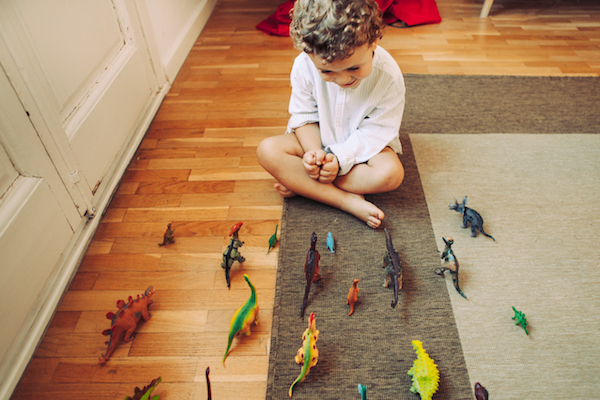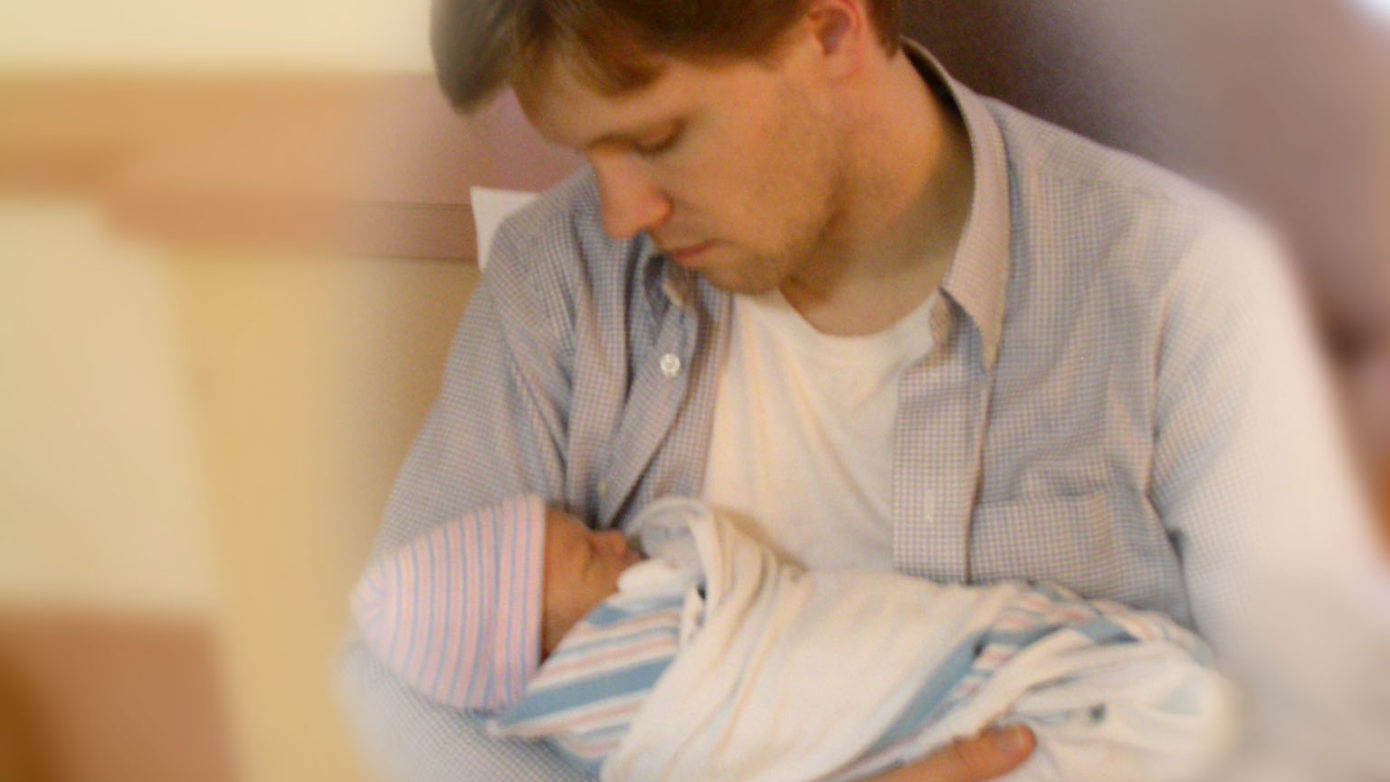A little boy sits on the plush carpet of the warm house, playing with his plastic dinosaurs, one T-Rex battles a brontosaur and of course, the T-Rex wins. A pterodactyl swoops in and attacks the T-Rex, dropping a rock on him from high above and saving the brontosaur. “Bam!” the little boy says excitedly, giggling with the innocent laughter that only a small child can elicit.
A young father sits in his recliner, reading the newspaper, glancing down at his small boy playing and he smiles, then goes back to the classified section to continue his job hunt, so that he can continue to give that little boy a warm home to play dinosaurs in.
Not many years later, that little boy tells the father how much he hates him for the rules that he locks him down with and in haste, leaves the warm home, breaking the heart of the man who looked down at the little boy on the carpet playing with his dinosaurs. The father can’t understand how the little boy went from the pure child on the carpet with the soft laughter to the teen whose anger has consumed him.
Some time passes and the boy has made a few more steps down the wrong road and is sitting on the curb outside of the apartment he was just evicted from with three boxes sitting next to him, his life possessions. He reaches into the box and pulls out a plastic pterodactyl and a T-Rex and he wishes secretly to himself that he could fly away on the plastic dinosaur. The boy thinks about how last night he came so close to taking his own life in his depressed fog. Somehow, something stayed his hand but only he knew how close he came. These thoughts flow through his mind as a car pulls up the curb. The passenger window rolls down and the father smiles from the driver’s seat and gets out. Picking up the boxes and placing them in the back of the car, the father scoops up his little boy and helps him into the passenger seat.
More years pass and the boy finds himself sitting beside the bed in the warm house he grew up in, holding his father’s hand. He tells his father that he is sorry for how he treated him years ago and how much he loves him. His father smiles and squeezes the boy’s hand telling him simply “I know you love me, I’ve always known, even when you didn’t know.” as the father takes his last breath.
In grief, the boy sits on a folding chair by the stone which bears his father’s name, and sets his plastic T-Rex and pterodactyl on the top of the stone, then puts his face in his own hands and cries silently. While sitting at the stone, he feels a hand touch him and turns around to see his small boy’s hand on his shoulder. The boy, now a father, smiles as a few tears stream down his face and he picks up the T-Rex and pterodactyl, handing them to the little boy who takes them with his own innocent smile.
In a warm house, the little boy sits on the carpet and plays with the pterodactyl and T-Rex as the man sits in a recliner reading the news and smiling down at the little boy on the carpet, playing dinosaurs.




 I was using the hard heel of my boots to hammer on the ice, breaking it free from the asphalt. One teacher; Mrs. Fleming, asked me what I was doing. I told her I was breaking up the ice so other kids didn’t get hurt. She smiled and said that I was a good person. She is the second person to say that to me that I can remember, the other being a detective last year.
I was using the hard heel of my boots to hammer on the ice, breaking it free from the asphalt. One teacher; Mrs. Fleming, asked me what I was doing. I told her I was breaking up the ice so other kids didn’t get hurt. She smiled and said that I was a good person. She is the second person to say that to me that I can remember, the other being a detective last year.